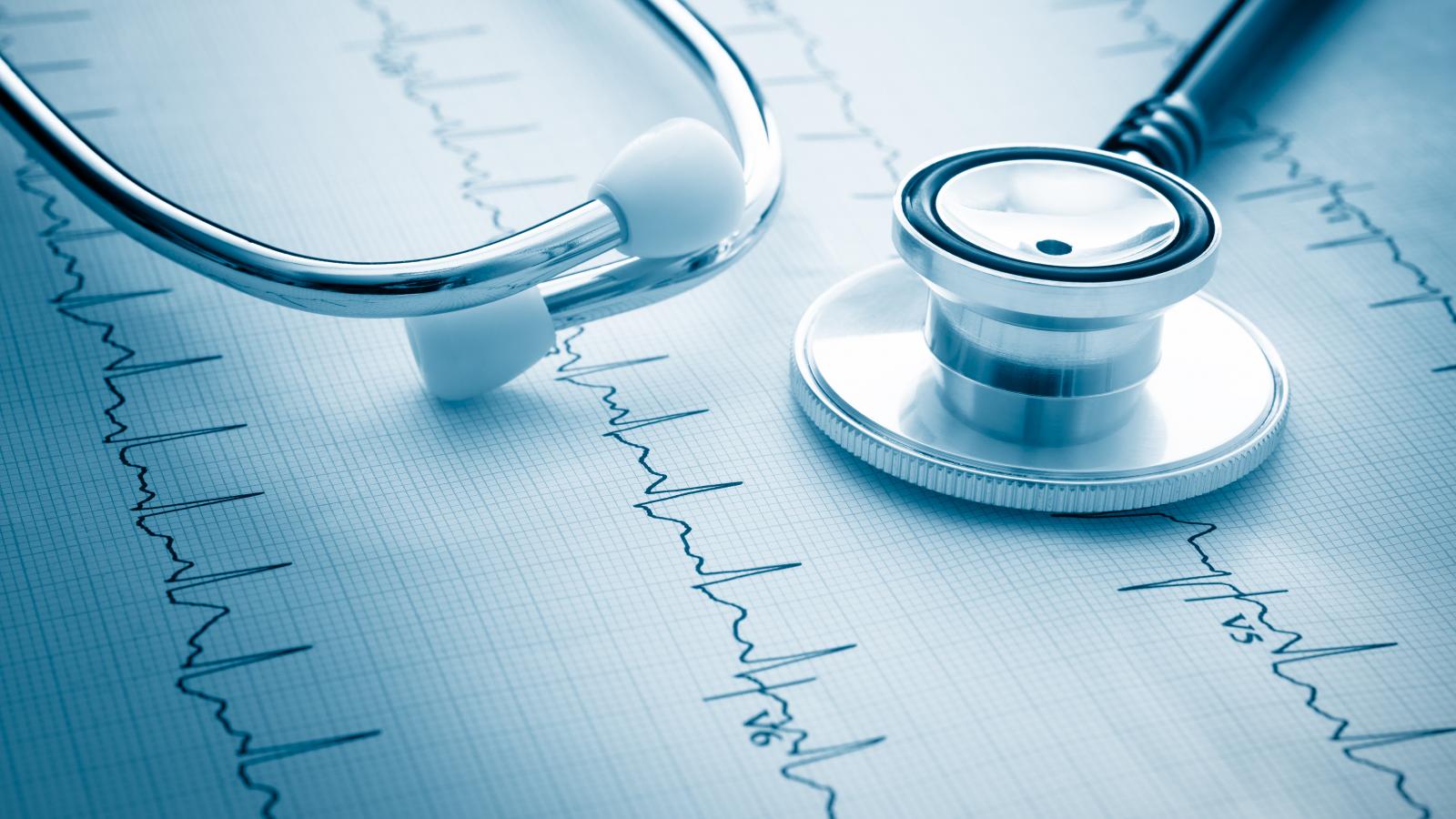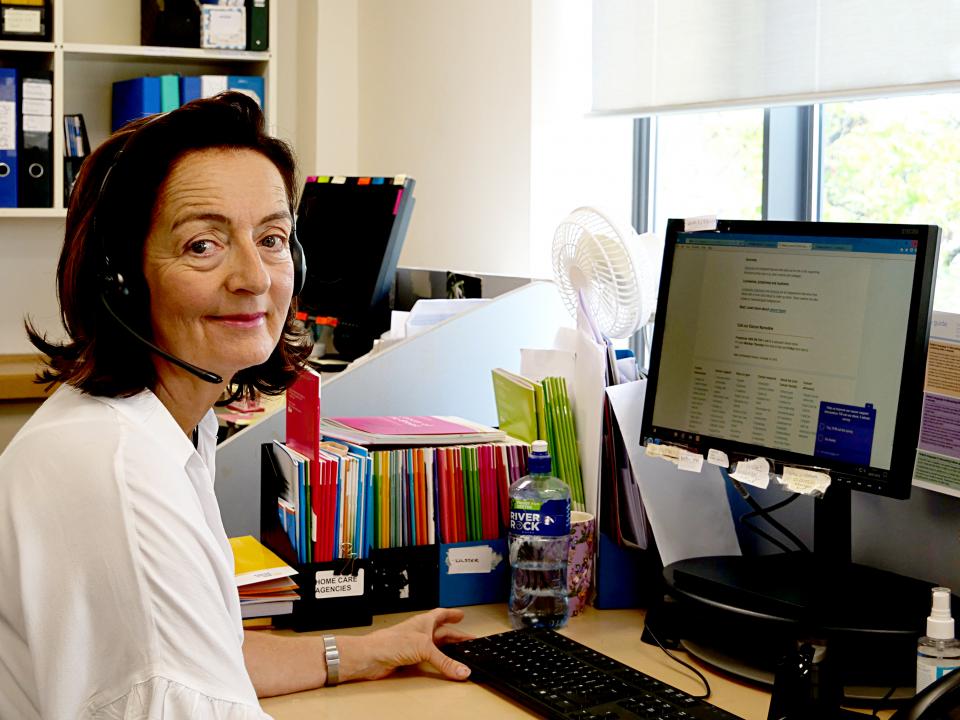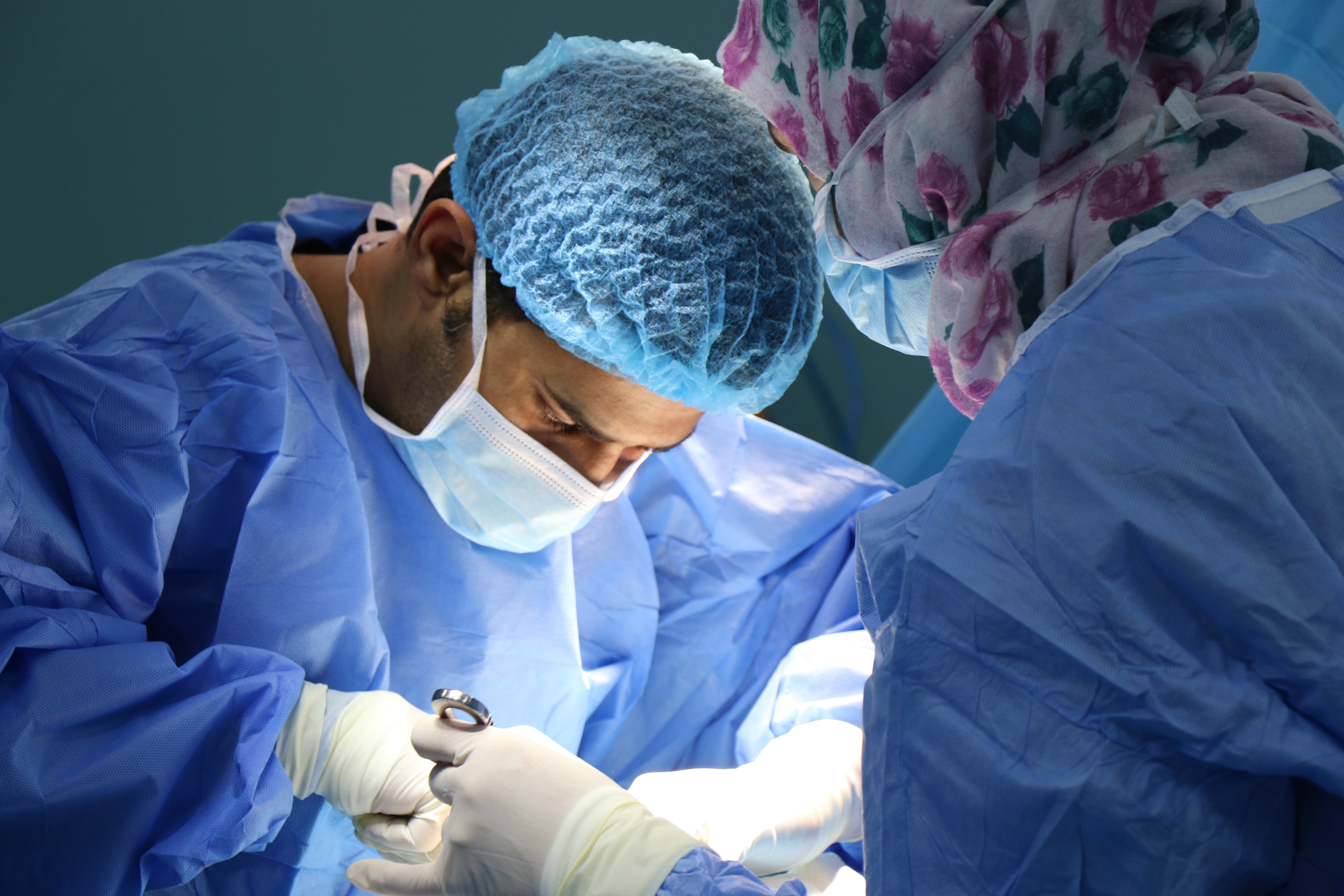How is testicular cancer treated?

The cure rate for testicular cancer is very high. Actual figures depend on the stage and type of your cancer. Your doctor can talk to you in more detail about this, if you want to know more.
Even when testicular cancer has spread to other parts of the body (metastasised), it can still be cured.
Surgery to remove the testicle (orchidectomy)
Almost everyone with testicular cancer has surgery to remove the affected testicle. This operation is known as an orchidectomy. Read more about surgery to remove your testicle.

Surgery might happen quickly
You may have surgery to remove your testicle soon after first going to hospital, sometimes before you get the results of your tests.
This can be a shock. You may need some time afterwards to come to terms with everything. If you need to talk to someone, you can call our Support Line on 1800 200 700 to talk to a nurse or to be put in contact with someone who has had testicular cancer.
Treatment after orchidectomy
Your doctor will decide if you need any further treatment after your orchidectomy. In general, the type of treatment you receive after orchidectomy will depend on:
- The stage of your cancer
- The type of testicular cancer: seminoma or non-seminoma
- If the cancer has spread or not
- Your general health

Surveillance after surgery
After orchidectomy you will have tests to monitor your condition for a number of years. For example, physical examinations, bloods tests, CT scans and X-rays
You can start treatment with chemotherapy, radiotherapy or more surgery if you need it, but you may not need treatment for many years, if at all.
Treatment for seminoma testicular cancer after orchidectomy
Chemotherapy
Chemotherapy can be given, depending on the stage of the disease. Read more about chemotherapy.
Radiotherapy
Radiotherapy can be given after surgery but this is rare. Read more about radiotherapy.
Treatment for non-seminoma testicular cancer after surgery
Surveillance after surgery
Most patients with stage 1 non-seminoma will have regular blood tests, X-rays and scans to monitor their condition. If there are any changes in your condition, you can have treatment.
Chemotherapy
If your cancer has spread to other parts of your body or you are thought to have a high risk of the cancer coming back (recurrence) your doctor may recommend chemotherapy.
If you have stage 1 non seminoma but have risk factors for recurrence you may have just 1 or 2 cycles of chemotherapy after surgery.
If your cancer has spread outside the testicle you may need to have more cycles of treatment. Your doctor will explain to you how much treatment you need.
RPLND surgery
You may need surgery to remove the lymph nodes at the back of your abdomen (tummy) may be needed. This is known as retro peritoneal lymph node dissection or RPLND. Read more about RPLND surgery.
Some treatments can affect your ability to have a child naturally (your fertility). Ask your doctor about this before treatment starts.
Even if you’re not thinking about having children at the moment, it’s a good idea to keep your options open for the future. For example, you may be able to store your sperm before treatment starts.
Treatment for cancer that comes back after treatment (recurrence)
If the cancer comes back it can still be treated and sometimes cured. Read more about treatment for recurrent testicular cancer.
For more information
Phone
1800 200 700



